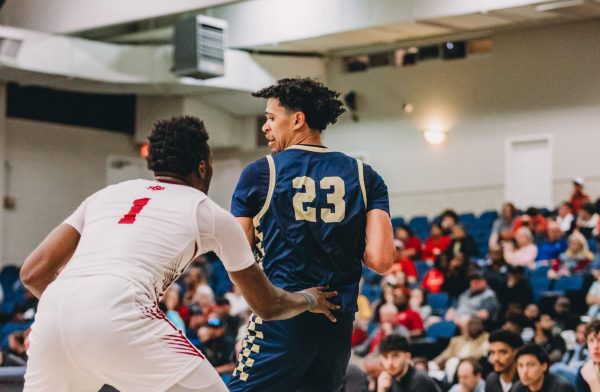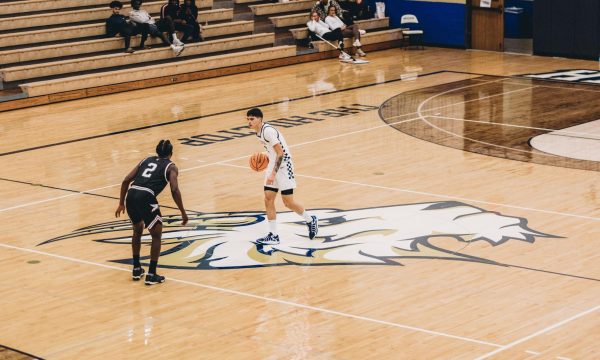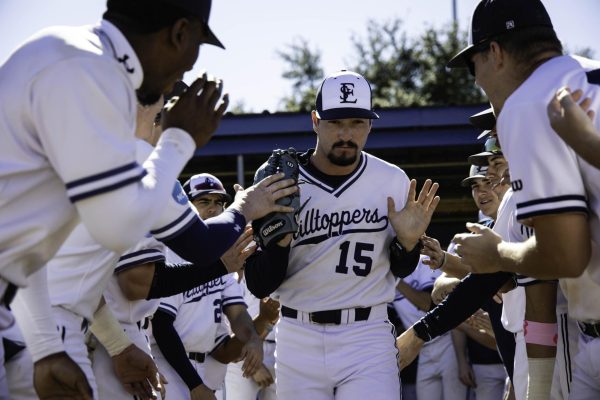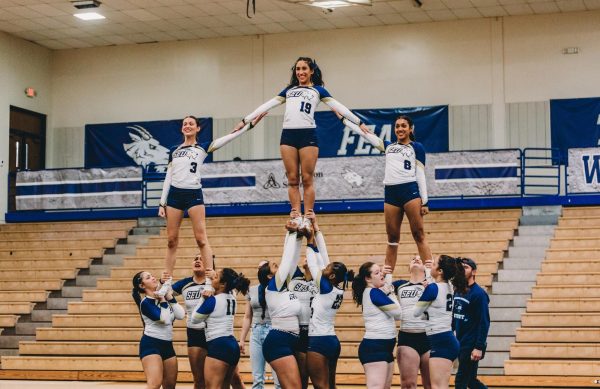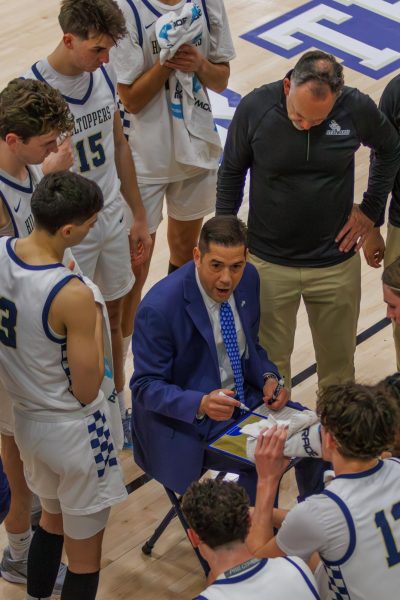Medical students develop smart helmet to diagnose concussions
Medical students at Texas Tech University at El Paso are developing a “smart helmet” to help diagnose concussions in football players. The helmet’s sensors provide a full medical assessment on impact and will send an alert to coaches and parents on their smartphone.
“It is very common for athletes to remain in the game after experiencing concussion-like symptoms, receiving more impacts to the head – and that is when the brain becomes significantly damaged,” medical student Derrick Oaxaca said in a Texas Tech article.
These innovative students earned recognition as semi-finalists at Space Race, an international start-up competition hosted by NASA and the Center for Advancing Innovation (CAI) earlier this month.
From youth leagues to the NFL, head trauma has been taken more seriously in the past decade. Research from the National Academy of Sciences suggests that high school athletes who play football, lacrosse, soccer and baseball are more likely to suffer from concussions than college-aged athletes — or are at least far more likely to report concussions.
News of a smart helmet hits close to home, as my high school spent the entire fall praying and fundraising to cover medical expenses for an injured football player. In August, a helmet-to-helmet collision sent 16-year-old Michael Contreras to the hospital, where he had multiple brain surgeries. Now he is home-schooled and is completing muscle rehabilitation.
Thousands of former professional players have been diagnosed with dementia, Alzheimer’s disease, Parkinson’s disease and other brain disorders, and have sued the NFL, claiming the league knew about the long-term health risks associated with head trauma, per CNN.
The sports biography “Concussion” was released in 2015. The movie stars Will Smith, who plays a forensic pathologist, who fights the NFL for trying to suppress his research on brain degeneration in football players.
In a world where a Lombardi trophy is the ultimate prize, coaching staff should remember that player safety needs to be a matter of utmost importance.
A game is not worth a life.
Former Dallas Cowboys quarterback Troy Aikman suffered many concussions during his Hall of Fame career.
“I do not have a son; if I had a son, I wouldn’t necessarily discourage him from playing football, but I don’t know that I would en courage him to play either,” Aikman said a Sporting News interview. “As long as we’re having contact, and as long as there are collisions, there’s going to be head injuries.”
Although concussion research is now widespread, it should not deter parents from allowing their children to play sports. Technology like this smart helmet is revolutionizing safety and success in sports.


